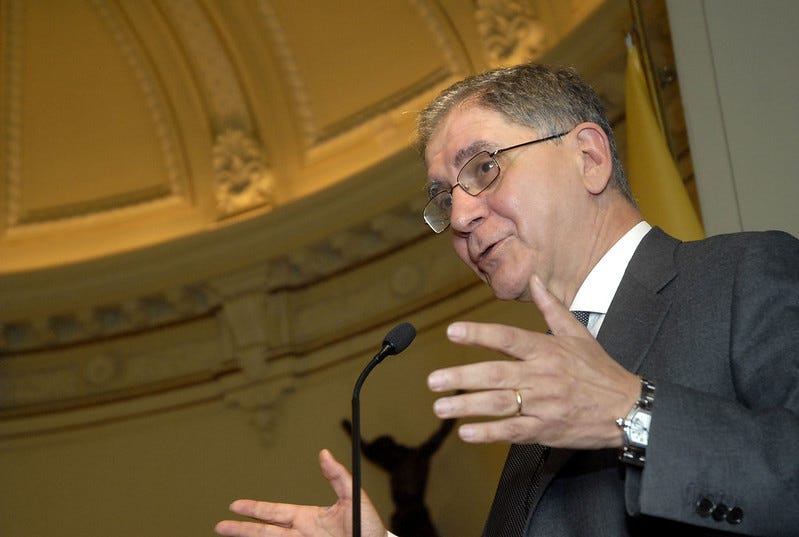‘The Church dies and resurrects again’ - Rocco Buttiglione on Pope Francis, the decline of Europe, and the future of the Church
"The Church dies and resurrects again. The only important thing in life is to see the saints in your time and to follow them."
Rocco Buttiglione is a political science professor at Saint Pius V University in Rome, as well as a member of the Pontifical Academy of Social Sciences.
He has served as a Minister for European Affairs and as the vice president of the Italian Chamber of Depu…

